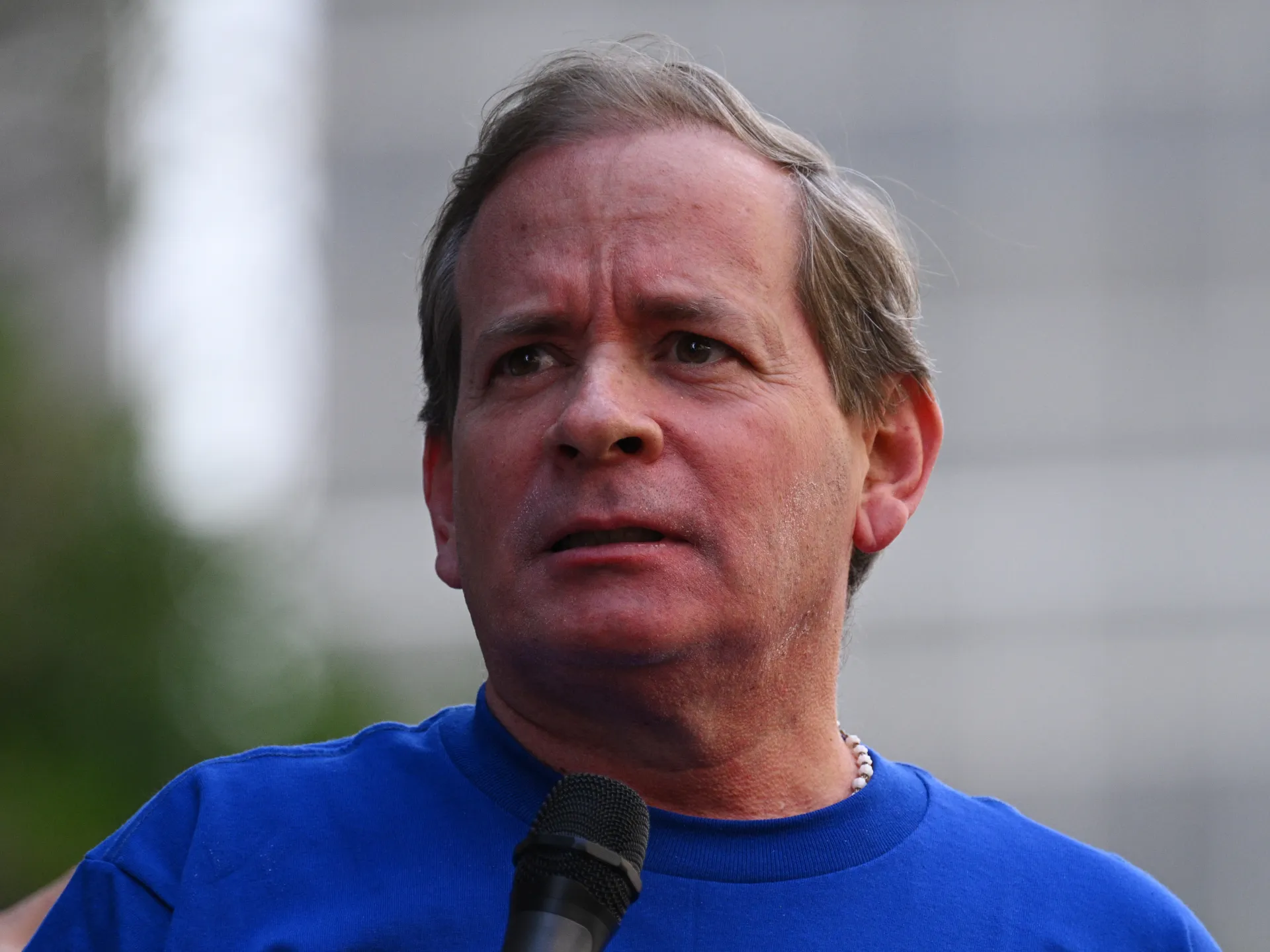Venezuela opposition politician Juan Pablo Guanipa released | US-Venezuela Tensions News
Machado ally says ‘there’s a lot to talk about regarding the present and future of Venezuela’ after release.
Published On 8 Feb 2026
Venezuelan opposition politician Juan Pablo Guanipa has been freed from jail, his family said in a statement.
Guanipa’s release on Sunday is the latest high-profile liberation by the government in Caracas, which is under pressure from the United States to free political prisoners.
Recommended Stories
list of 3 itemsend of list
Rights group Foro Penal says it has verified 383 liberations of political prisoners since the government announced a new series of releases on January 8.
“Ten months in hiding and almost nine months detained here,” Guanipa said after being released.
“There’s a lot to talk about regarding the present and future of Venezuela, always with the truth front and centre.”
Guanipa, a well-known politician in Venezuela and a close ally of Nobel Peace Prize winner and opposition leader Maria Corina Machado, was arrested in May 2025 after months in hiding for allegedly leading a “terrorist” plot. His family and political movement have strenuously denied the allegations.
Earlier this month, Guanipa’s family said they had also been able to see him in person for the first time in months, and that he was in good physical health.
Machado celebrated Guanipa’s release in a statement on X, calling for all political prisoners to be released.
Exiled Venezuelan opposition figurehead Edmundo Gonzalez Urrutia also demanded “the immediate release” of all political prisoners.
“These releases are not synonymous with full and complete freedom,” he posted on X.
“As long as legal proceedings remain open and restrictive measures, threats or surveillance remain, the persecution continues,” he added.
Venezuela’s opposition and human rights groups have said for years that the country’s government uses detentions to stamp out dissent.
The government has, however, denied holding political prisoners and says those jailed have committed crimes.
The country’s interim President Delcy Rodriguez has also announced a proposed “amnesty law” for hundreds of prisoners in the country, and said the infamous Helicoide detention centre in Caracas, which rights groups have long denounced as the site of prisoner abuse, will be converted into a centre for sport and social services in the capital.
The legislation, which would grant immediate clemency to people jailed for participating in political protests or critiquing public figures, return assets of those detained and cancel Interpol and other international measures previously issued by the government – passed in an initial vote at the National Assembly this week. It will, however, need to be approved a second time to become law.
Rodriguez, who took office after the US abducted and deposed Venezuelan leader Nicolas Maduro last month, has been releasing the political prisoners and complying with US demands on oil deals.
